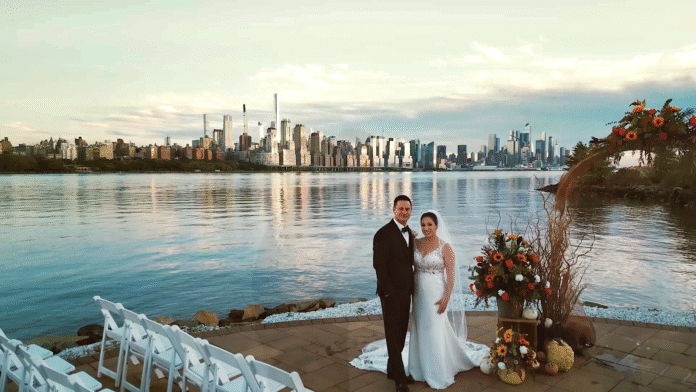Wedding venues provide specific features that distinguish them from other sites. Some venues are big enough to accommodate hundreds of guests, and some have smaller spaces for intimate weddings. When looking at wedding sites, choose a venue that provides chairs, fine china, meal prep, and other conveniences that cover what you need for a successful event. Here are four things to evaluate when viewing wedding venues:
1. Location and Capacity
The first aspect to review when comparing wedding venues is the location and its capacity. Select a venue that offers sufficient space to comfortably accommodate all your guests without feeling cramped or underutilized. A small venue or cardroom may suffice for weddings with a short guest list. If you expect hundreds of guests, book venues with more expansive spaces. Avoid looking at just the outdoor space, since weather like heavy rain may require you to move indoors.
Review local traffic, parking options, and accommodations, especially when you have out-of-town guests. Leading wedding sites show venues that feature serene surroundings, lounging areas, accessible spaces, and large dance floors; these aspects support smooth transitions between the main ceremony and the reception. Choose venues that provide the desired level of privacy for your wedding.
2. Amenities and Services
Wedding venues may have unique styles and ambiance, which include modern, rustic, or elegant. If you prefer a rustic wedding, choose a venue with an industrial building and natural surroundings. Review specific aspects of the venue, such as large windows, original hardwood flooring, and distressed brick walls; these features help create the classic, historical vibe.
Focus on finding a venue that aligns with your wedding theme to minimize decoration effort. Review the amenities and services, such as tables, chairs, linens, sound systems, decor, and catering. Some venues have all-inclusive packages that enhance planning. The package could cover accommodation, meals, and entertainment. Other venues offer bare spaces that give you control over all aspects. Look for venues with on-site staff that assist with event coordination and execution; they should also offer backup plans in case of bad weather and other inconveniences.
3. Flexibility and Customization
Although all-inclusive packages offer a set of features and amenities, they still give you room for customization. The venue should give you the freedom to make choices about seating arrangements, decorations, and meals. Check if the venue has vendor restrictions and whether they offer enough options. If you’re restricted to in-house caterers or partners, look for venues that collaborate with multiple kitchens offering comprehensive menu options. Speak to the florists and planners to determine if you can work with specific vendors.
4. Transparent Wedding Packages
Wedding venues offer packages designed for specific requirements. These packages may feature the basic requirements, such as bridal suites and guest accommodations. They also offer linens and chinaware, although you can order special items if necessary. Since the basics are covered, you can have a wedding tailored to your needs.
Before committing to a venue, check what’s included in the packages to identify areas you may have to cover. The packages should feature everything you need to accommodate your guests. Read the contract and compare what the venue offers with your original checklist. You can also share the checklist with the venue planner to determine which requirements they are able to cover.
Find Suitable Wedding Sites Today
The wedding venue you choose impacts the ambiance, experience, and overall success of your event. Compare venues and book your date early to avoid last-minute inconveniences. You can also look for venues with sufficient photo opportunities. Speak to a venue provider today to find wedding sites that meet your needs and preferences.

